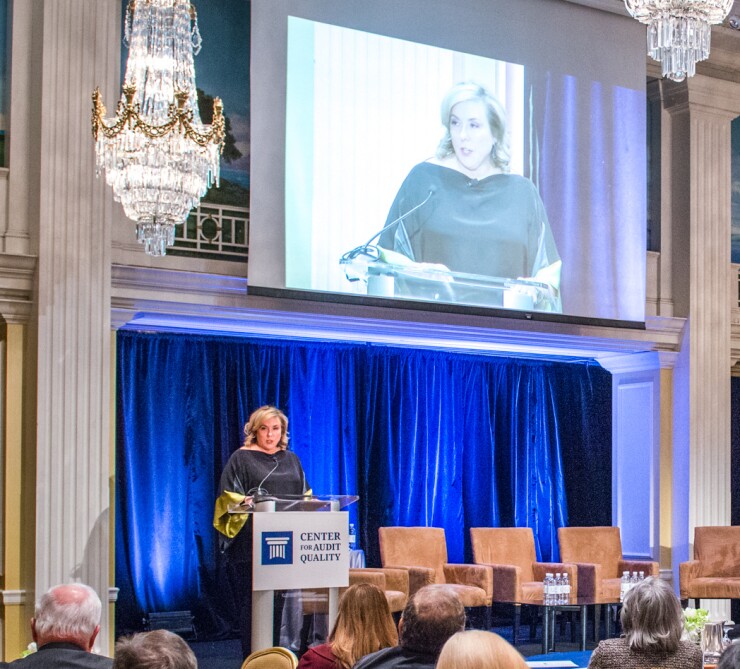The Anti-Fraud Collaboration between the Center for Audit Quality, Financial Executives International, the Institute of Internal Auditors and the National Association of Corporate Directors has released the fourth in a series of case studies highlighting ways to deter financial fraud.
The new

“The Anti-Fraud Collaboration is pleased to present the latest case study in our series designed to raise awareness of financial reporting fraud,” said Center for Audit Quality executive director Cindy Fornelli in a statement. “These case studies have proven to be valuable educational tools for all members of the financial reporting supply chain, as well as students.”
The Anti-Fraud Collaboration’s case studies take participants through a hypothetical scenario about a fictional company dealing with fraud. Guided by an instructor, participants can then discuss what could have been done to address or avoid the situation. Each case study offers a companion discussion guide for instructors,
LDC Cloud Systems is the Collaboration’s fourth case study. Others include:
•
•
•
“New technologies can make for a disruptive business environment, and can create new challenges on existing business practices,” said FEI president and CEO Andrej Suskavcevic in a statement. “Resources like this case study provide a practical tool to help financial executives explore and deter financial reporting fraud.”





